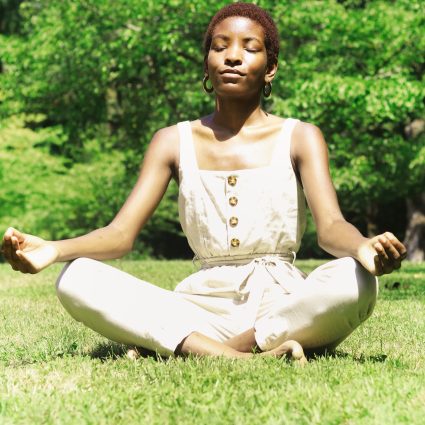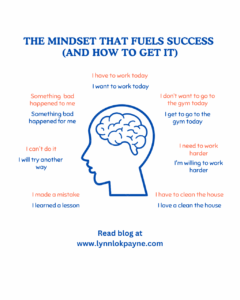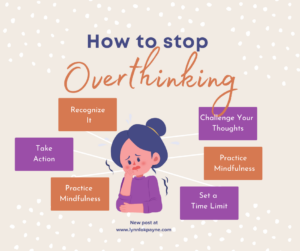Stress has become an inevitable part of life. Our world moves at a much faster pace than even a few years ago. Demands on our time from work, family, and personal needs and obligations can take a toll on our mental and physical well-being. All this can make it hard to know how to reduce stress.
But we do not manage stress, it can make us feel overwhelmed, moody, and that we can never dig ourselves out of the hole. When we’re stressed, our bodies release hormones that can cause physical and emotional symptoms. These can include headaches, muscle tension, fatigue, and difficulty concentrating. Stress can also lead to unhealthy behaviors, such as overeating, smoking, and drinking alcohol.
Lowering stress is not easy, especially when there are more demands than time allows. But if we can incorporate beneficial strategies and techniques into our daily routine, we can reduce stress and cultivate peace. This leads to a more balanced and harmonious life. Here are ten practical and proven techniques learn how to reduce stress and cultivate inner peace.
1. Practice Mindfulness
Mindfulness is the practice of being fully present and aware of the current moment. By focusing on the present and observing our thoughts and emotions without judgment, we can reduce stress and increase our overall well-being. Engaging in activities such as meditation, deep breathing exercises, or simply taking a few moments to notice and appreciate the world can help bring a sense of calmness amidst the chaos.
2. Prioritize Self-Care
Taking care of oneself is crucial for stress reduction. Engage in activities that nourish your mind, body, and soul. Make time for regular exercise, eat a balanced diet, get enough sleep, and indulge in hobbies and activities that bring you joy. Prioritizing self-care not only rejuvenates you but also enhances your ability to handle stress.
3. Establish Boundaries
Setting boundaries in various aspects of life can significantly reduce stress. Learn to say “no” to commitments or tasks that overwhelm you or do not align with your priorities. Communicate your needs and limits to others, be it at work or in personal relationships. Respectful boundaries enable you to create a space that promotes balance and minimizes stress-inducing situations. Remember, no is a complete sentence. You don’t have to follow it with a reason.
4. Engage in Physical Activity
Physical activity is not only beneficial for your physical health but also for stress reduction. Regular exercise releases endorphins, the “feel-good” hormones, and helps combat stress. Find an activity that suits your preferences, whether it’s jogging, dancing, yoga, or playing a sport. Aim for at least 30 minutes of exercise daily to experience the stress-relieving benefits.
5. Get enough sleep
When you are well-rested, you’re better able to cope with stress. Aim for seven to eight hours every night. And try to get restorative sleep. The quality of your sleep is important.
6. Eat healthy
Eating a healthy diet can help improve your mood and energy levels, which can make it easier to manage stress. Avoid processed foods, sugary drinks, and excessive caffeine to reduce stress.
7. Cultivate a Supportive Network
Strong social connections play a vital role in managing stress. Surround yourself with positive and supportive individuals who uplift and encourage you. Share your thoughts and feelings with trusted friends or family members, as discussing concerns can help ease stress. Make sure the people you choose are a safe space, meaning they will be supportive and not judgmental. Engaging in healthy relationships fosters a sense of belonging and provides a support system during challenging times. Try to avoid negative people and situations. If there are people or situations in your life that are causing you stress, try to avoid or spend less time with them.
8. Practice Time Management
Effective time management can significantly reduce stress levels. Prioritize tasks, break them into smaller, manageable chunks, and create a schedule or to-do list. Avoid over-committing or procrastinating, as these habits often lead to increased stress. By managing your time effectively, you can enhance productivity, reduce stress, and create more opportunities for relaxation and self-care.
9. Embrace Relaxation Techniques
Integrating relaxation techniques into your routine can help combat stress. Deep breathing exercises, progressive muscle relaxation, meditation, or practicing yoga and tai chi are powerful tools for relaxation. Explore different techniques and find what works best for you. Engaging in these practices regularly can activate the body’s relaxation response and reduce stress levels.
10. Unplug from technology
In today’s digital age, constant exposure to technology can contribute to stress. Take regular breaks from screens, such as smartphones, laptops, or tablets. Disconnecting from technology allows your mind to unwind, promotes better sleep, and fosters real-world connections. Set boundaries for technology use and designate tech-free zones or periods in your day to foster a healthier relationship with digital devices.
11. Seek Professional Help
If stress becomes overwhelming or persists despite your efforts, do not hesitate to seek professional help. Mental health professionals can provide valuable guidance, support, and coping strategies tailored to your specific needs. They can help you navigate stressors more effectively, develop long-term resilience, and develop a stress management plan to fit your needs.
12. Practice Gratitude
Gratitude is a powerful practice that shifts our focus from what’s lacking to what we appreciate in our lives. Take a few moments each day to reflect on the things you are grateful for, whether it’s a beautiful sunset, a supportive friend, or a delicious meal. Cultivating gratitude rewires our minds to acknowledge the positive aspects of life, leading to reduced stress and an increased sense of contentment.
While stress is an inevitable part of life, incorporating these strategies into your daily routine can help you effectively manage and reduce its impact. By practicing mindfulness, prioritizing self-care, setting boundaries, and seeking support when needed, you can cultivate inner peace and lead a more balanced and fulfilling life. Remember, stress management is a continuous journey, so be patient and kind to yourself as you integrate these practices into your life. By following these tips, you can learn how to reduce stress and improve your overall health and well-being. Isn’t that we all are seeking? Less stress and more peace?
Photo by Jakayla Toney on Unsplash





